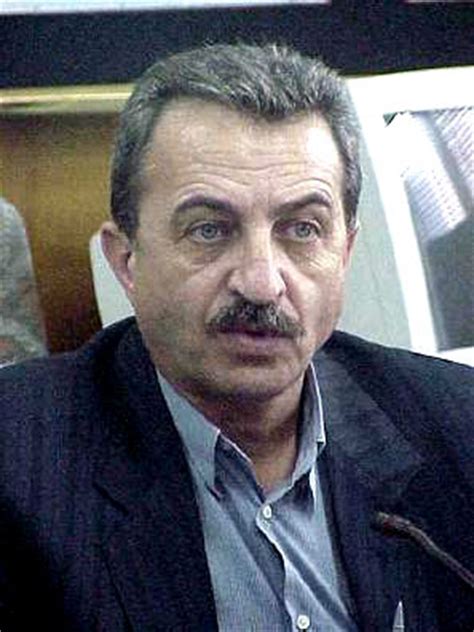A Quote by Zbigniew Brzezinski
I would like to promote internal change in Iran - which is more likely if we don't fuse Iranian nationalism with Iranian fundamentalism.
Related Quotes
I have traveled many times outside Iran, and have discussed the issue [of the Iranian nuclear project]. I have been asked for my opinion and that of the Iranian Jewish community, and I have always emphasized that the Iranian people has the right to obtain nuclear technology and energy for peaceful purposes. The Iranian people must not give up this right under any circumstances - and indeed, it will not.
From the 1920s into the 1940s, Britain's standard of living was supported by oil from Iran. British cars, trucks, and buses ran on cheap Iranian oil. Factories throughout Britain were fueled by oil from Iran. The Royal Navy, which projected British power all over the world, powered its ships with Iranian oil.
It's probably more frustrating to me as an Iranian living in America than it is when I'm over there. Inside Iran, people are actually quite well educated about America. There are things they don't understand, particularly in the government, but the people, by and large, know the American sensibility quite well, and the reverse is not true. There's a lack of knowledge about Iran and the Iranian people.
After the rigged Iranian presidential elections in 2009, the Islamic regime attacked the 'humanities' as the main source of protests, the most effective tool used by the West, especially America, to corrupt and incite Iranian youth, and finally closed down all the Humanities departments in Iran's universities.
Hence, when some members of the Iranian diaspora, especially women at the moment, use different tropes including the trope of the veil and the issue of gender to construct an image of oppression or to describe the 'silenced' Iranian woman, western intellectuals, policymakers, and publishing houses are all quick to introduce them as presenters of the authentic Iranian experience.
































